Digital Visual Narratives

Divina Publications
Bande dessinée, Comics, Manga, Webtoons: these different variants of the same art (the 9th art in France), that we have decided to call Digital Visual Narratives (DiViNa), are experiencing different market growths: booming in Asia, strong in the US, nascent in Europe.
EDRLab created a working group in 2018, which goal is to create an open interchange format and develop authoring and reading solutions supporting this format, with partners representing the different stages of a publishing production and distribution workflow, i.e. authors, publishers, booksellers and national libraries involved in digital preservation.
The work has reached a first milestone in Q1 2020, with the release of two first “levels” of complexity. The specifications of the DiViNa format are maintained here.
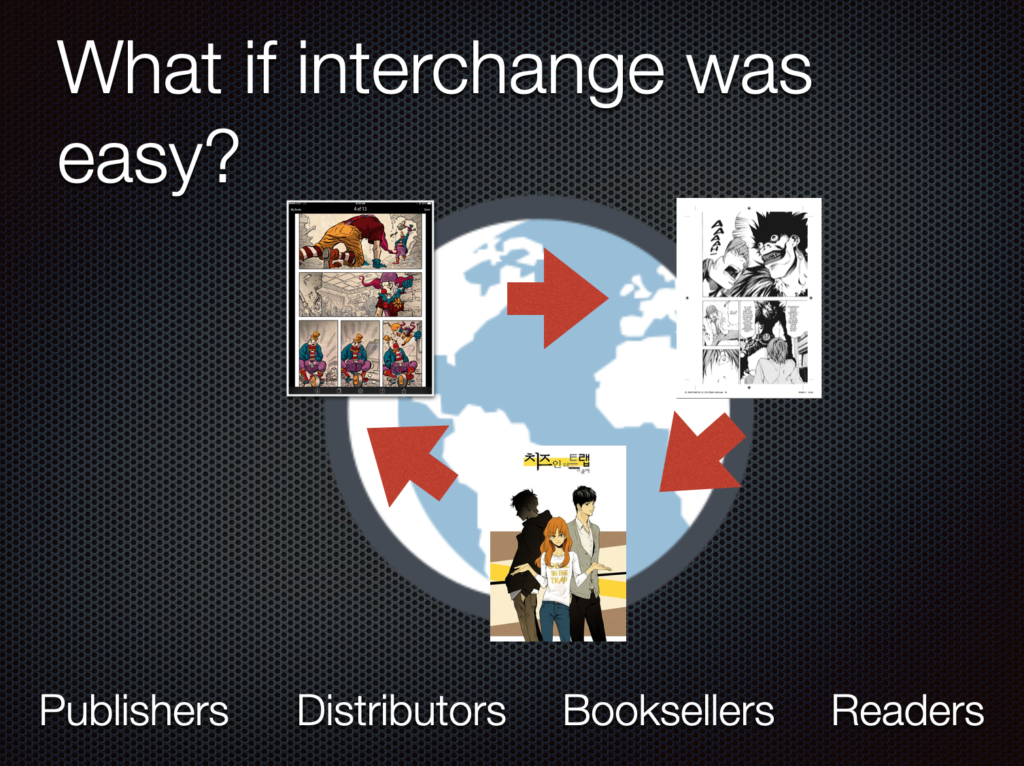
Goals
Creating a new standard format for comics is a very complex matter. This is why EDRLab is incubating the Divina format and waiting for market support before trying to make a W3C or ISO standard out of it.
To get any chance to succeed, different segments of the ebook chain must be aligned:
- The new interchange format must bring features that are not easy to achieve with existing formats;
- Authors must get access to easy to use and cheap authoring tools, so that production costs are kept low;
- Publishers must be confident that their works can be properly distributed, via multiple channels, and that a well-known DRM is available for enabling e-lending and protecting publications against oversharing;
- Distributors, booksellers, libraries must accept to distribute this format, from multiple publishers;
- A large number of reading systems must support the format, i.e. mobile, desktop and Web applications, plus color e-ink readers;
- It must be possible to add accessibility features to the works;
- Long term preservation of the works must be easily achievable.
The first visual narrative – Bravery
Bravery is a manga type narrative, optimized both for a Web experience and for smartphones & tablets. Its author is Yoann Le Scoul and it has been produced by Editions-h2t in partnership with Kwalia and EDRLab.
Mountains webtoon in Divina format
Mountains is a webtoon created by Alex Noriega, an illustrator from Barcelona. More about the author here.
Click on the image to open a new window and read it online.
Note: The same webtoon in Divina format can be loaded in Thorium Reader.
Readium Support
Because it is paramount for the success of the Divina format to be supported in many reading systems, EDRLab has worked with the help of Kwalia on the development of a Divina player written in JS.
This player is now integrated into Thorium Reader, and will later be also integrated in Readium Mobile and Readium Web.
Main features
Metadata
The Divina format supports a large set of metadata properties, including an identifier, title & subtitle, description, language(s), author(s) and contributor(s), publisher, publication and modification dates, subjects, collections and series, number of pages.
Artistic control on presentation
This is one of the first question authors are asking, about works which must be presented as full page comics or webtoons, and be adapted to different screen sizes and ratios.
For instance, viewportRatio constrains the viewport to the desire of the author, possibly forcing the apparition of bar scopes; continuous indicates if consecutive resources from the readingOrder are handled in a continuous or discontinuous way, fit specifies how a resource fits the viewport width and height, overflow and clipped indicates if a resource is scrolled or clipped into the viewport, etc.
orientation indicates if the viewport should be forced to portrait or landscape, spread specifies if a two-page spread should be displayed and page defines if a resources should be placed of the left or right of a spread.
The reading progression can be set to “left to right” (comics), “right to left” (manga) or “top to bottom” (webtoon).
Users may progress into the story via keyboard arrows on a desktop, discontinuous actions (tap on the right or left of the screen) or continuous actions (scroll) on a mobile device.
Alternate resources
Divina supports image, video or audio resources in different formats, useful if a reading system only supports an old format used as a fallback of a better format. It also supports resources in different dimensions, useful is a reading system is capable of optimizing the dimensions of images in relation with the viewport size or the available bandwidth.
Last but not least, an author can integrate resources using alternate languages, which opens the door to multi-lingual comics.
Transitions
In an turbomedia or digitized comic, transitions between pages are often a great addition. Divina supports different types of transitions, like cut, dissolve, slide-in, slide-out, push. The author can also define an animated transition, based on a sequence of images or even as a short video. The new image can come from the left, right, top or bottom of the viewport.
And a transition in the “forward” direction can be different from the corresponding “backward” transition.
Table of Contents
Like other types of publications, the Divina format supports a ToC which may contain different levels of headings and reference precise locations into the publication.
Guided navigation
In addition to having a Table of Contents, a visual narrative may provide guided navigation, where each reference may point to an image fragment (a rectangle in an image, which may be a panel or even a balloon). Each item may be complemented with a title, which provides a first level of accessibility to the guided navigation.
Sounds
Sounds may be associated with each resource in the reading order. Such sounds may be looping or not.
In the case of a scrolling image (e.g. in a webtoon), a sound may be triggered at a certain position in the scroll, and disappear at another position.
Snap points
In the case of a scrolling image, it may be interesting for the author to force the scroll to stop at a certain position, to show a specific point of interest. THis is where snap points come into play.
Layers
An author may want to create an image out of several semi-transparent layers, and the apparition of such layers may be triggered by user actions. It will be especially the case for balloons dynamically appearing after the scene and characters has been displayed first.
Divina supports this feature, via dynamic layers and transitions.
International market
These are 2019/2020 numbers targeting the digital market of comics, manga, bande dessinée.
USA / Digital comics & graphic novels: USD 90M (sales only, subscriptions are not in scope) on a global market reaching USD 1.2B (USD 765M for graphic novels, 355M for comic books). Kindle Store and comiXology (Amazon) are far ahead of their competitors.
Korea / webtoon: USD 900M on a quasi 100% digital market. Naver had 68M users in March 2020.
Japan / digital manga: USD 2,49B. +30% in one year. Digital manga now represent 85% of the global ebook market; digital manga has higher sales than paper manga.
Articles
Lecture numérique : un format “EPUB 4 pour la BD” en préparation, Actualitté, 2018.
Japon – Etat des lieux de l’édition de livres imprimés et numériques , IDBOOX, 2020, containing 2019 data from AJPEA (All Japan Magazine and Book Publisher’s and Editor’s Association).
Divina, le futur de la bande dessinée numérique, présenté à Angoulême, Actualitté, février 2020.
Video
La BD à l’heure du numérique, table-ronde BnF, 10 mai 2021. Rencontre animée par Julien Baudry, avec Camille Duvelleroy, Pierre Cattan, Geoffroy Vincens, Laurent Le Meur.
Other projects
Readium
The Readium projects provide rock-solid, performant building blocks and applications for processing EPUB3 publications. EDRLab is participating to the Readium codebase maintenance and evolution.
Accessibility
Support for people with print disabilities is a key part of our mission. We collaborate with European publishers and major inclusive organizations on the creation of a born-accessible ebook market. We also make sure that Readium projects take into account the assistive technologies used by visually-impaired users.
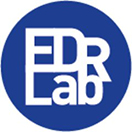
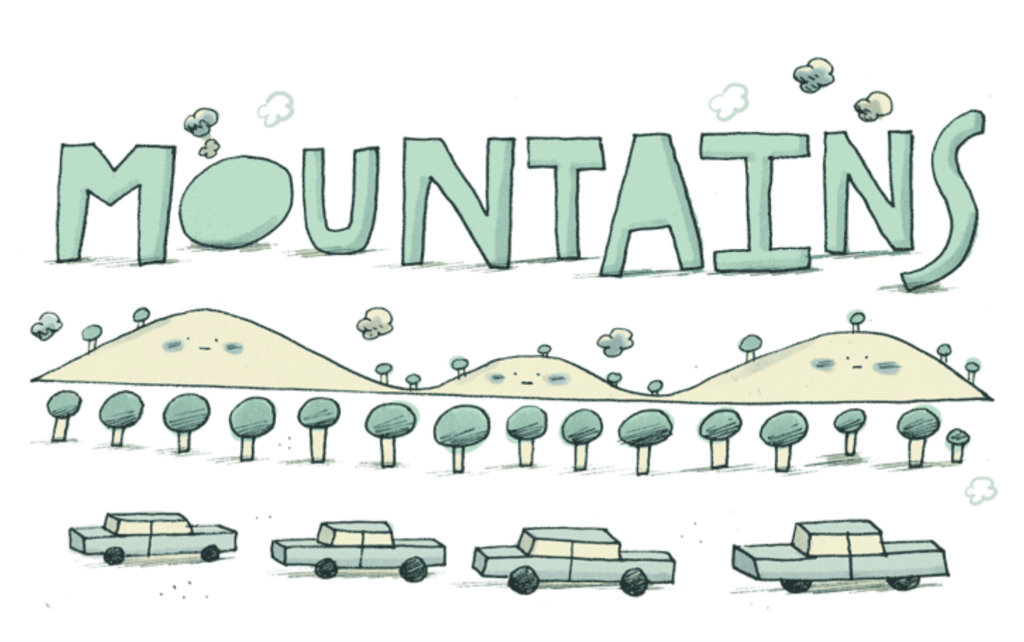
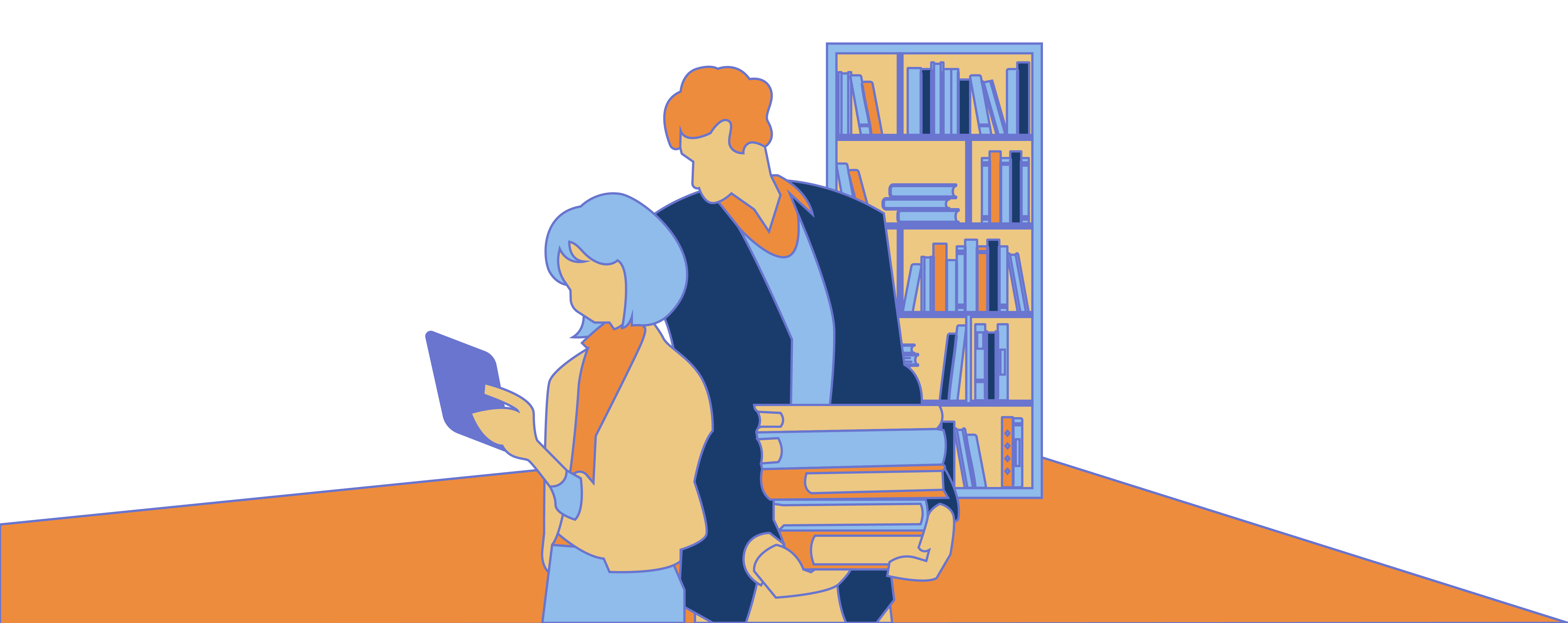
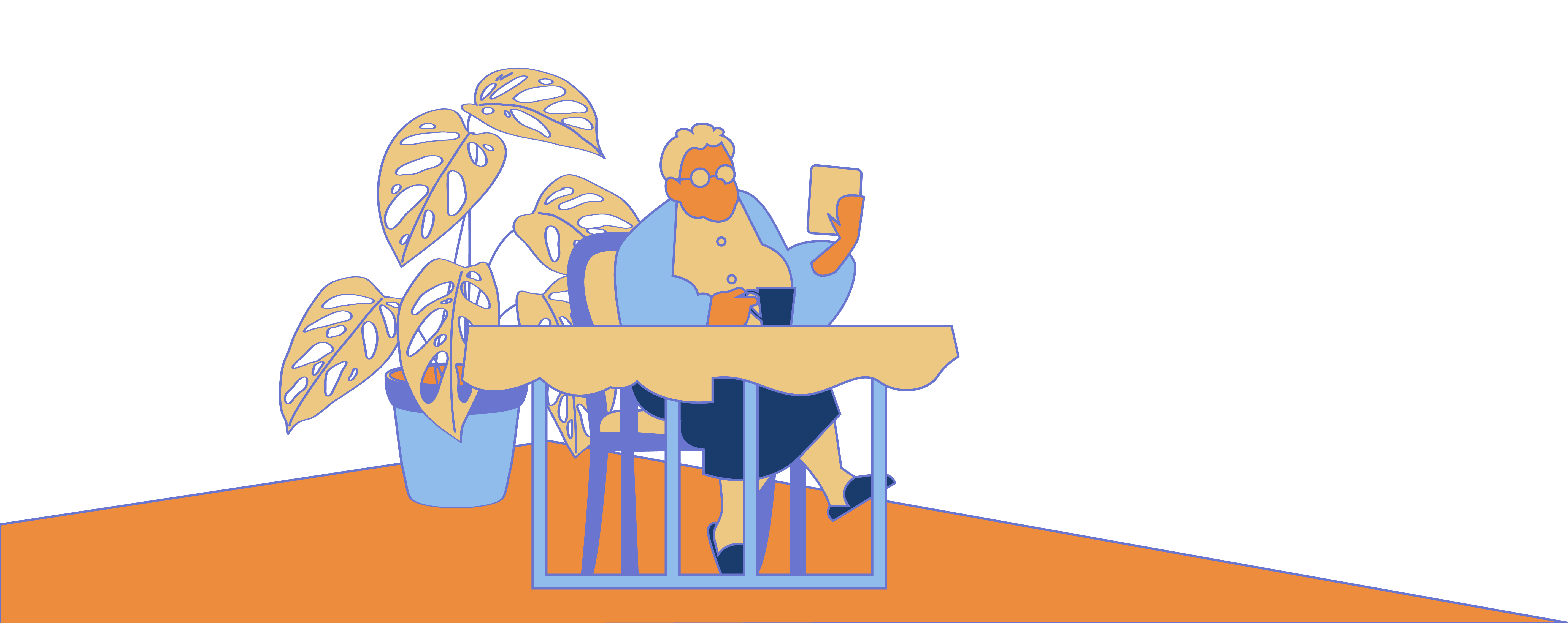



 contact@edrlab.org
contact@edrlab.org +33 1 83 64 41 34
+33 1 83 64 41 34
